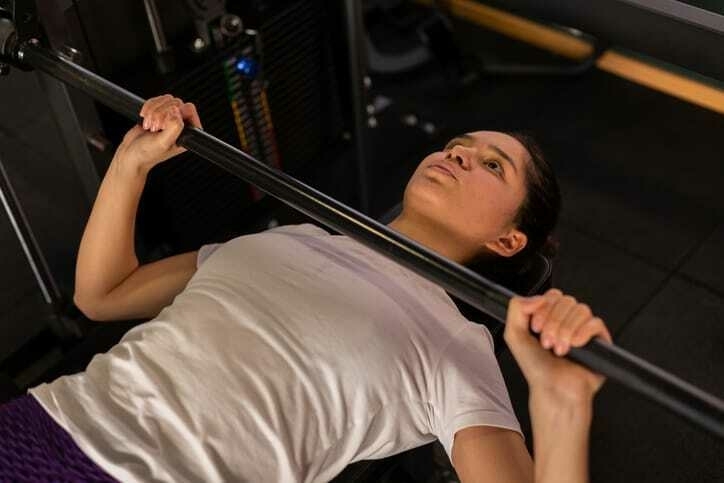Eudaimonic exercise

Audrey Watters discusses “the yips,” a term for “a form of dissociative freeze” which is bound up with trauma and can lead to performance anxiety and failure.
I have nowhere near the level of trauma that Audrey has had in her life, but I certainly recognise the use of exercise and competition (with others / with self) as a way of not addressing certain things. For example, I’ve had some kind of virus over the last few days which has made me feel weak. I was desperate to get back to the gym.
Even without the personal grief, trauma, and baggage we carry around as we age, the pandemic means that we have a lot of collective issues to process. Exercise seems benign because it doesn’t seem destructive like, for example, drug use. But anything can be an addictive behaviour — and, as Aristotle pointed out, eudaimonia does not sit at an extreme.
I can troubleshoot what went wrong at the gym on Wednesday. I can troubleshoot why I’m having trouble getting back to the pace and distance I was running before my “accident.” I have a whole list of physiological reasons why the barbell’s not moving, why my legs are moving. My age. My training. My knee. My glutes. My diet. My sleep.
But I’m starting to recognize – really recognize – some significant psychological reasons too. My trauma. My trauma. My trauma. Not just my fall, but all the trauma that I’ve experienced in the last few years, last few decades. I’ve funneled a lot of my hopes for “mental health” into the rhythms of exercise and movement, and it’s an incredibly fragile routine.
There are times when I know my body loves it. And there are times when my brain certainly does too. But there are other times, particularly when I get the yips (which, for the record don’t always look like failing at a deadlift; it can be something that happens all the time, like failing to lean forward as I run) that I’m starting to recognize now are bound up in fear and shame.
I don’t think any amount of “tracking” or “optimization” with gadgets is going to address this issue. For me or for others. Indeed, what if we’re just making things worse?
Source: Second Breakfast